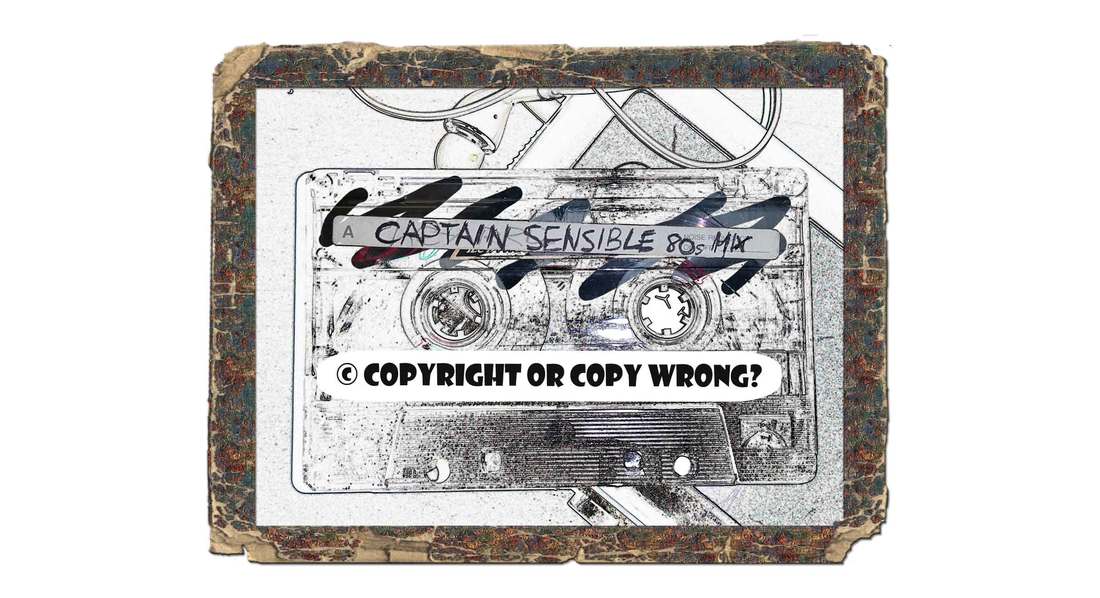|
This article follows up on our hugely popular article on the basics of intellectual property with a slightly more detailed look at copyright. In this article we we examine what copyright is, what it does and how it is surviving in the modern digital era.
As always, it is worth restating that HPLpro is not a legal firm, and this article should not be taken as legal advice. It is important for you and your business to have experienced legal practitioners review your business ideas and intellectual property portfolio to ensure that they adequately meet your needs. Please feel free to request a freelance in-house lawyer from us if required.
As stated in our earlier article, copyright is essentially the protection of rights in creative works – think pictures, music, sculptures, graphics, films, books, and so on. In essence, it gives the holder of those rights the ability to prevent other people copying the work, or using the work in certain ways without permission. Importantly, copyright does not protect ideas – it protects the expression of those ideas, which need to exist in some tangible form. For example, the music created by a band who are jamming will not have copyright protection unless that music is recorded in some form. The same is true of a sculpture, copyright is only available once the sculpture has been created, rather than when it is an idea in the head of the sculptor. However, it is important to distinguish between the rights in an expression of an idea and the rights in a physical object - copyright does not necessarily also mean that you own the physical object that 'holds' the copyright. For example, the band Gorillaz own the copyright to the song 'Superfast Jellyfish' but that does not equate to automatic ownership of every CD with the song on. The opposite is also true, you can own a CD with 'Superfast Jellyfish' on it without having the rights to commercially exploit that song.
"Hang on," we hear some of you cry, "I just recorded my 7 inch record of Captain Sensible's 'Happy Talk' onto a TDK Cassette tape. Am I going to go to prison?" Perhaps, for the music choice (Captain Sensible should go to prison for that video), but as for copyright, there are exceptions to copyright – which are covered later in this article – which mean that in some territories (such as the UK) you are able to copy the artistic work in certain circumstances – such as making copies for personal use. Interestingly, that change only occurred in the UK in 2014 and essentially reflected what the public were already doing with those copyright works; mixtapes made prior to 2014 in the UK were technically infringing copyright.
Berne baby, Berne
|
AuthorHPLpro Archives
June 2017
Categories
All
|


![THE TREE - [Explored]](https://c1.staticflickr.com/6/5066/5645289303_1d76da8550_n.jpg)




 RSS Feed
RSS Feed